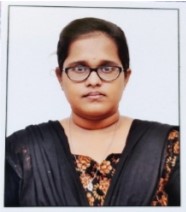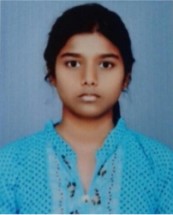Vision
Our Vision is to be a center of excellence in IT education, training and research, aiming to wards carrying out advanced research and development in information and software technologies, and in leveraging IT in specific domain areas enabling students to become innovators and entrepreneurs.
Mission
To be a department of excellence in technical education, widely known for the development of competent and socially responsible IT professionals, entrepreneurs and researchers. To promote professionals with knowledge and understanding, by providing them with latest developments in
Computer Applications so that they contribute not only to the progress of software and its applications but even encompasstheentire domain of computer technology.
- To impart quality education for long lasting development and opportunity in an extensive career in the various fields of Computer science/ Information Technology.
- To increase innovative learning to the needs of Industry and Society
- To be the source of bringing out globally competent pioneering computing professionals, researchers, innovators and entrepreneurs.
 CHAT WITH A STUDENT
CHAT WITH A STUDENT

